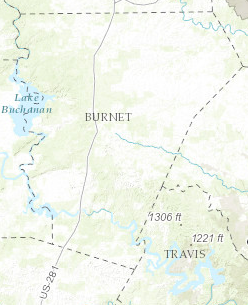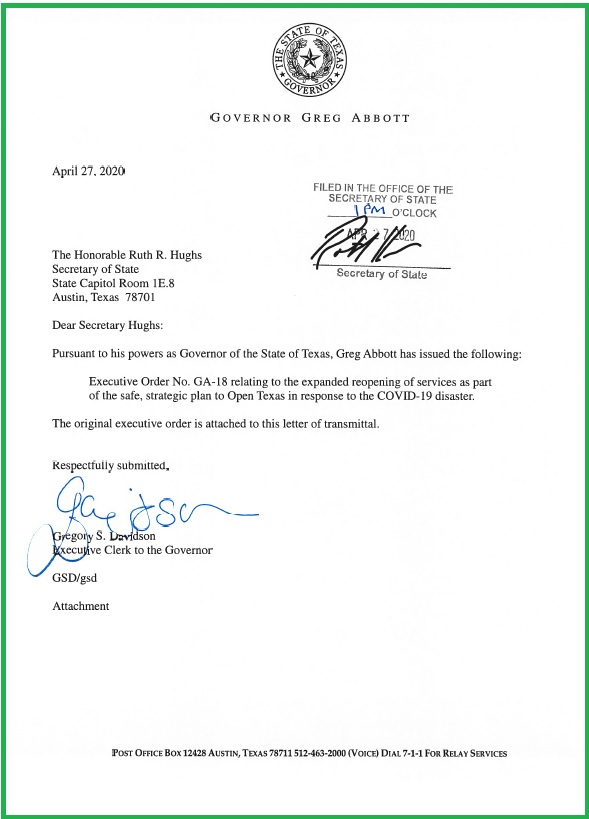Burnet County property values climb

As cities finalize new tax rates, the Burnet Central Appraisal District (CAD) is already begun 2018 field work.
However, Chief Appraiser Stan Hemphill is bringing city councils up to date on the work of the CAD and, when he spoke Tuesday, Sept. 5, to the Marble Falls City Council, he confirmed what anyone driving down city streets and county roads can see.
“A lot of building has been going on in the county,” said Hemphill, whose office regularly receives notice of building permits from cities and the county. “New construction for 2017 has been $150 million county-wide.
“There are a lot of new subdivisions (and) Marble Falls has already exceeded the ownership changes it had last year. Mustang Ridge in Marble Falls, for example, is mostly sold out and most of the lots have changed hands.”
The starting point for comparing growth will be the certified 2017 tax roll completed by the Burnet CAD this summer. In Burnet County, where the market value of property was $8,600,040,363, the assessed taxable property value was $5,693,378,949, with a tax-freeze adjusted value of $4,432,496,587.
Marble Falls represents a fair piece of that. Market value of property on the tax roll in the city limits is at $1,089,763,048, with a taxable value of $815,061,904. The value adjusted for those over 65 or handicapped ($83,396,037) and value under protest ($21,033,489) is $726,407,490—almost a sixth of the total.
The tax rates being adopted now will be applied to those figures. Typically, tax bills will be going out in October with a Jan. 31 deadline for payment of 2017 taxes. Hemphill noted the exception to that deadline—the opportunity for those disabled or over the age of 65 to pay quarterly.
When property changes hands, any exemptions held by previous owners go away and it is up to new owners to record exemptions they are due. That is not usually the case when a new exemption or quarterly payment option goes in to effect. It usually is noted on the tax bill.
“In November, a Constitutional Amendment will be on the ballot to extend an exemption to surviving spouses of first responders,” Hemphill said.
In 2013, voters passed a measure to provide a tax exemption for spouses of military officers killed on duty. The new amendment on the 2017 ballot was proposed after the July 2016 ambush that took the lives of five Dallas police officers.
It would allow enactment of legislation to provide a full or partial property tax exemption for the surviving spouse of a first responder killed in the line of duty. The exemption would apply every year until a surviving spouse remarried and it would follow the surviving spouse to any new home.
The maximum value of the exemption would be set at the value of the surviving spouse's home when the first responder was killed in the line of duty.






